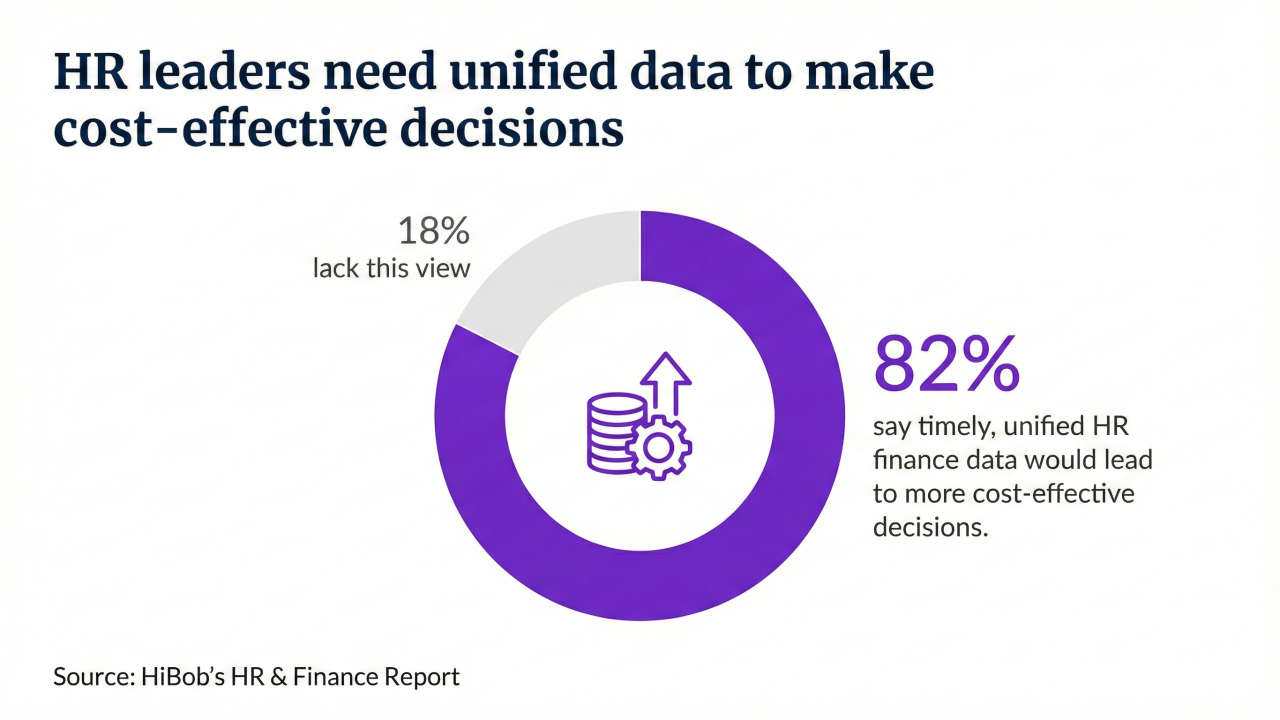The United States Supreme Court is expected to rule in June 2013 on two cases challenging the constitutionality of the federal Defense of Marriage Act and California’s Proposition 8. The rulings may have significant
DOMA
DOMA is the controversial law enacted in 1996 which stipulates that the word “marriage” means “only a legal union between one man and one woman as husband and wife” and the word “spouse” refers “only to a person of the opposite-sex who is a husband or wife” for all purposes of federal law. A separate part of DOMA not currently being challenged stipulates that no state shall be required to recognize a same-sex relationship that is considered a legal marriage in another state or a right or claim arising from such a relationship.
The case before the Supreme Court challenging the constitutionality of DOMA’s prohibition on federal recognition of same-sex marriage is United States v. Windsor. Windsor is suing to recover over $350,000 in federal estate taxes she paid after the death of her same-sex spouse; taxes she would not have had to pay if she had been married to an opposite-sex spouse. The couple had been together for 44 years and were recognized as legally married in their home state of New York after they married in Toronto in 2007. New York legalized same-sex marriage in 2011, but legally recognized same-sex marriages performed elsewhere beginning in 2008.
Windsor is on appeal to the Supreme Court from the United States Court of Appeals for the Second Circuit, which ruled in October 2012 that DOMA was not substantially related to an important government interest as required to withstand intermediate scrutiny of DOMA’s differing treatment of opposite-sex and same-sex spouses and therefore was an unconstitutional violation of the Equal Protection Clause.
The Supreme Court is considering three issues related to DOMA’s prohibition on same-sex marriage: (1) whether DOMA’s prohibition on federal recognition of same-sex marriage is an unconstitutional violation of the Equal Protection Clause of the Fifth Amendment of the United States Constitution; (2) whether the Supreme Court has jurisdiction to hear Windsor given that the Obama administration agrees that DOMA is unconstitutional; and (3) whether the Bipartisan Legal Advisory Group (BLAG) of the United States House of Representatives has standing to defend the constitutionality of DOMA on behalf of the federal government given that the Obama administration will no longer do so. The Supreme Court heard oral arguments in Windsor on March 27.
Employee Benefit Plan Implications of Windsor
If the Supreme Court finds DOMA to be unconstitutional, federal benefits and protections currently afforded to opposite-sex spouses presumably will be extended to same-sex couples who have married in those states where same-sex marriage has been legalized. Federal laws governing employee benefit plans would require employers to treat employees’ same-sex and opposite-sex spouses equally for purposes of the benefits that the employer extends to spouses. For example, in the retirement plan context, employers with pension and 401(k) plans would be required to recognize same-sex spouses for purposes of determining surviving spouse annuities or death benefits under their retirement plans.
In the welfare plan context, employers with self-insured plans may not be required to extend spousal benefit coverage to same-sex spouses since federal law does not require spousal welfare benefit coverage. However, employers that continue to provide benefit coverage only to opposite-sex spouses risk legal challenges under federal discrimination laws. Federal income tax treatment of health coverage for an employee’s same-sex spouse also would change such that employees would no longer have to be taxed on the income imputed for the employer’s contribution to the same-sex spouse’s coverage, and COBRA continuation would be required to be offered to same-sex spouses. Employers would also be required to permit employees to take family and medical leave to care for the illness of a same-sex spouse.
Such a ruling by the Supreme Court in Windsor presumably would require the federal government to clarify how federal law will defer to state marriage laws. Same-sex marriage is currently legal only in nine states and the District of Columbia. 30 states have state constitutional amendments (similar to Proposition 8 in California) and eight states have statutory laws prohibiting the recognition of same-sex marriage.
Presumably a same-sex couple who marries in a state where same-sex marriage has been legalized would be recognized as legal spouses under federal law if Section 3 of DOMA is found to be unconstitutional. However, without further legislative or judicial action, a same-sex couple who marries in a state where same-sex marriage has been legalized but resides in a state that does not recognize the couple’s same-sex marriage presumably would not be recognized as legal spouses under federal law. This result would mean that same-sex couples in the 38 states that prohibit recognition of same-sex marriages would not be entitled to the federal benefits and protections currently afforded to opposite-sex spouses even if they have legally married elsewhere.
If the Supreme Court finds DOMA to be constitutional or declines to rule on the constitutionality of DOMA because it lacks jurisdiction to hear the case or BLAG lacks standing to defend DOMA, DOMA will remain valid law and only opposite-sex marriages will continue to be recognized under federal law. Employers generally will continue to have great latitude in deciding whether to extend benefits to employees’ same-sex spouses, though the benefits that are offered will continue to be governed by complex federal laws and regulations.
Employers in certain states may be required under state insurance law mandates to extend medical, dental or vision coverage to employees’ same-sex spouses and partners if the plan is insured in the state and provides coverage for other employees’ opposite-sex spouses (as is currently the case). The only exceptions to these state insurance law requirements are if the employer’s plan does not provide spousal coverage (which is almost never the case), if the plan is self-insured (i.e., benefits are paid out of the company’s general assets) or if the plan is insured with an insurance contract issued in a state without such requirements.
California’s Proposition 8
Proposition 8 is the controversial amendment to the California state constitution which provides that “only marriage between a man and a woman is valid or recognized in California.” Same-sex marriage became legal in California on May 15, 2008, after the California Supreme Court ruled that state laws limiting marriage to opposite-sex couples violated the state constitutional rights of same-sex couples, but was banned on November 4, 2008, after voters approved Proposition 8. California’s domestic partnership laws remained in place throughout the short-lived legalization of same-sex marriage and continue to be a means for same-sex couples to receive the rights and protections of spouses under state law
The case before the Supreme Court challenging the constitutionality of Proposition 8 is Hollingsworth v. Perry. The case was filed on behalf of two same-sex couples who were denied the ability to marry after the passage of Proposition 8.
Hollingsworth is on appeal to the Supreme Court from the United States Court of Appeals for the Ninth Circuit, which ruled in February 2012 that Proposition 8 was unconstitutional because California had no legitimate reason to amend its state constitution to take away same-sex couples’ right to the official status of “marriage,” rather than the substitute label of “domestic partnership.”
The Supreme Court is considering whether Proposition 8 is an unconstitutional violation of the Equal Protection Clause as found by the Ninth Circuit and, similar to the standing issue in Windsor, whether the organization ProtectMarriage.com has standing to defend the constitutionality of Proposition 8 given that both the Governor and Attorney General of California have declined to do so. The Supreme Court heard oral arguments in Hollingworth on March 26.
Employee Benefit Plan Implications of Hollingsworth
Although the Supreme Court could issue a broad ruling in Hollingsworth that would decide the constitutionality of all state laws banning recognition of same-sex marriage, a narrow ruling limited to Proposition 8 is expected. The
If the Supreme Court finds Proposition 8 to be unconstitutional, same-sex marriage will again be legal and recognized in California. Employers in California would be required to extend spousal benefits to all spouses, even if the employer is not already subject to the state insurance law mandates requiring coverage for domestic partners.
If the Supreme Court finds Proposition 8 to be constitutional, only same-sex marriages performed between June 17–November 4, 2008 will be recognized in California. The same result is expected if the Supreme Court declines to rule on Proposition 8 because ProtectMarriage.com lacks standing because the Court presumably will use the same standing rationale to overturn the lower court decisions finding Proposition 8 unconstitutional. The impact on employee benefit plans will not be as significant as in the federal context because same-sex couples can continue to enter into spousal-equivalent domestic partnerships in California in order to receive the rights and benefits afforded to legal spouses under state law.
Although unlikely given the limited scope of the Proposition 8 challenge in Hollingsworth, the Supreme Court could issue a broader decision finding any state law or constitutional amendment which prohibits recognition of same-sex marriages to be unconstitutional. Such a ruling would have a significant impact for employers nationwide, because same-sex marriage would become legal in the 38 states with laws or constitutional amendments currently banning recognition of same-sex marriage.
Next Steps
The Supreme Court is expected to rule on Windsor and Hollingsworth in June 2013. Employers should prepare to analyze the potential impact that these rulings may have on the benefits that the employer may be permitted or required to offer same-sex spouses of its employees.
Todd A. Solomon & Brian J. Tiemann work in the employee benefits practice group of McDermott Will & Emery’s Chicago office. Solomon can be reached at
The information in this Legal Alert is intended for educational purposes only and is not meant as specific legal advice.





